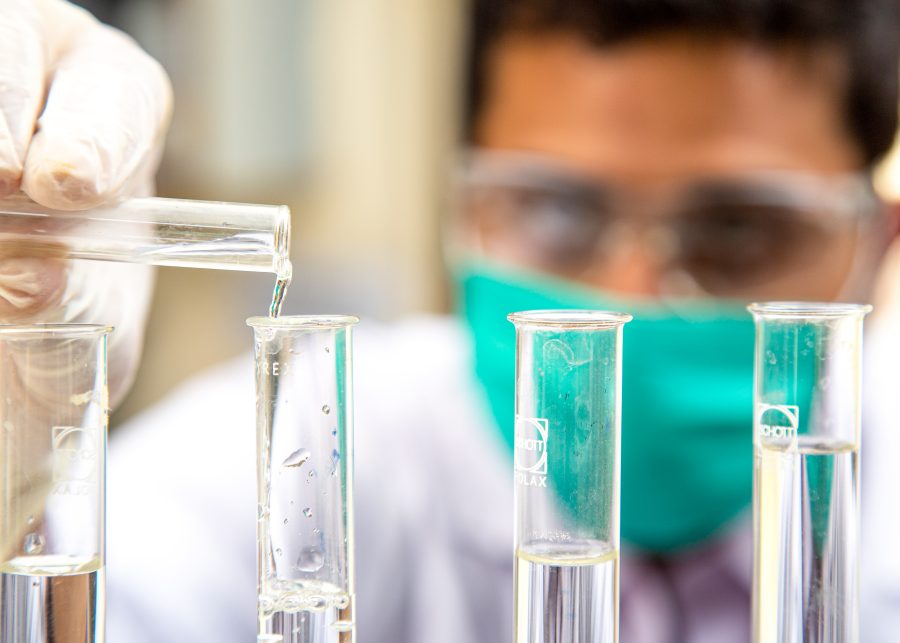COVID-19 has always been a topic of concern lately, even when it was believed to be in its dying stages. Wastewater has been tested and brought under surveillance in many states, including Massachusetts. Wastewater surveillance is also called wastewater-based epidemiology. What makes it such an effective testing method is that, while it is very difficult to ensure that every person is tested through the conventional PCR test, everyone passes urine and feces to the sewage, and thus monitoring these waters is an effective tool to triangulate an area where COVID-19 traces could be surging. Genetic sequences are found in sewage waters, and these are closely tested to find signs of COVID-19 increases in a community. In fact, even the omicron variant was traced by using this technique, and found to be spreading across the United States as it was detected in the drainage waters.
Matthew Fox, a Boston University School of Public Health epidemiology professor, stated, “I think it’s getting pretty clear that a new wave has begun and we will start to see more of a jump in the case numbers soon—more than we are already seeing.” North Boston’s COVID-19 wastewater average has drastically jumped 160 percent, while South Boston’s average has gone up 146 percent since the beginning of March. But the good news is that it has been noted to be a slow upward trend. What does this mean for residents of Boston? The mask mandate, which was recently removed, should be re-considered to be placed back in effect, as well as the six feet social distancing norm. This has been proven to work in the past, and bringing back these rules might effectively curb the rise in cases before the new wave brings even more cases under its belt.
Davidson Hamer, A Boston University School of Public Health infectious diseases specialist, also stated that, “Hospitalization numbers have not increased much, which is good.” This leads us to deduce that even though the BA.2 variant is spreading, it is milder than previous variants which put infected patients into the hospital at a much higher rate. However, that is no reason not to take the necessary precautions needed to avoid catching this variant in the first place. After all, prevention is better than cure. COVID-19 has only been around for a couple of years and it is unclear as to what the long-term effects of this pandemic are. Everyone can agree that it is going to come with long-term effects that we haven’t discovered yet.
Every time we feel like we have defeated the pandemic, a new variant seems to come into effect, or an existing variant seems to show surges in cases, and even though we have taken all precautions, a question in everyone’s mind seems to be: “When will we see a Covid-free world again?” We as humans are meant to enjoy the great outdoors and everything it has to offer, and the pandemic has completely taken away the thrill and joy to do so without feeling some concern for personal safety. The City of Boston has fought off such waves very well, and will continue to do so with effective implementations in the future, ensuring each person’s safety and maximizing precautionary standards. We are waiting to see how the city will fight the next incoming wave, and our compliance with these implementations will make all the difference in successfully defeating this wave as well.
Wastewater samples indicate COVID-19 increase across Massachusetts
By Preetan Natesh
|
April 6, 2022
A scientist performs tests on samples. Photo courtesy of Talha Hassan via Unsplash.
About the Writer
Preetan Natesh, News Writer

